ALSO BY JAMES WEBB
A Time to Fight: Reclaiming a Fair and Just America
Born Fighting: How the Scots-Irish Shaped America
Lost Soldiers
The Emperors General
Something to Die For
A Country Such as This
A Sense of Honor
Fields of Fire

Simon & Schuster
1230 Avenue of the Americas
New York, NY 10020
www.SimonandSchuster.com
Copyright 2014 by James H. Webb, Jr.
All rights reserved, including the right to reproduce this book or portions thereof in any form whatsoever. For information, address Simon & Schuster Subsidiary Rights Department, 1230 Avenue of the Americas, New York, NY 10020.
First Simon & Schuster hardcover edition May 2014
SIMON & SCHUSTER and colophon are registered trademarks of Simon & Schuster, Inc.
The Simon & Schuster Speakers Bureau can bring authors to your live event. For more information or to book an event, contact the Simon & Schuster Speakers Bureau at 1-866-248-3049 or visit our website at www.simonspeakers.com.
Excerpt from Born Fighting: How the Scots-Irish Shaped America by James Webb, copyright 2004 by James Webb. Used by permission of Broadway Books, an imprint of the Crown Publishing Group, a division of Random House LLC. All rights reserved.
Interior design by Ruth Lee-Mui
Jacket design by Jackie Seow
Jacket photographs courtesy of the author
Insert photographs courtesy of the author
Library of Congress Cataloging-in-Publication Data
Webb, James H.
I heard my country calling : a memoir / James Webb. First Simon & Schuster hardcover edition.
pagescm
Includes index.
1.Webb, James H.2.LegislatorsUnited StatesBiography.3.United States. SenateBiography.4.United States. Department of the NavyOfficials and employeesBiography.5.Authors, AmericanUnited StatesBiography.6.MarinesUnited StatesBiography.7.Vietnam War, 19611975Personal narratives, American.8.Navy Cross (Medal)Biography.9.Silver StarBiography.10.Purple HeartBiography.I.Title.
E840.8.W395A32014
328.73'092dc23
2014007267
[B]
ISBN 978-1-4767-4112-3
ISBN 978-1-4767-4116-1 (ebook)
For Hong Le
Who was not a part of my life during the period covered by this book, but whose wisdom, encouragement, and inspiration are forever on every page. Anh Yeu Em.
Authors Note
This book is a memoir. As I write about the early years of my life I mention many historical events. But I would like to emphasize that the book is not intended in any way to be an historical polemic, and that the events are mentioned in order to outline how the societal momentum and the foreign policy actions of those years affected me and my family. I have made considerable effort to ensure that each historical detail is properly documented, and it is my belief as well as my hope that such documentation is precise.
The book also contains a lengthy quote from Born Fighting, an earlier book I wrote. The bulk of this quote is from a government report on the economic conditions of the American South during the presidency of Franklin D. Roosevelt. I wish to express my appreciation to Random House, my earlier publisher, for their cooperation.
Descriptive phrases regarding the terrain and challenges in the An Hoa Basin in Vietnam similar to those on pages 268 and 269 were first used in an article entitled Heroes of the Vietnam Generation, which I wrote for The American Enterprise Magazine in August 2000, and which has been frequently quoted in other publications.
Contents
I vow to thee, my country, all earthly things above,
Entire and whole and perfect, the service of my love;
The love that asks no questions, the love that stands the test,
That lays upon the altar the dearest and the best;
The love that never falters, the love that pays the price,
The love that makes undaunted the final sacrifice.
I heard my country calling, away across the sea,
Across the waste of waters, she calls and calls to me.
Her sword is girded at her side, her helmet on her head,
And round her feet are lying the dying and the dead.
I hear the noise of battle, the thunder of her guns,
I haste to thee my mother, a son among thy sons.
From Sir Cecil Spring-Rice, I Vow to Thee, My Country, 1912

Chapter One

JANUARY 3, 2013
T he Senate wing of the U.S. Capitol was completed in 1800, renovated in 1811, burned by British troops during their rampage of Washington in 1814, and reconstructed for the first time in 1826. In 1850 Senator Jefferson Davis of Mississippi introduced legislation to significantly enlarge the Capitol. This enlargement was finally finished in 1868, following the Civil War, during which then former senator Jefferson Davis rather ironically had become president of the Confederacy. As the country has grown and evolved from that time, so has the Capitol, as well as the sprawling grounds that surround it. A series of modernizations moved the Library of Congress and the Supreme Court out of the Capitol building into their own mammoth neoclassical structures. These modernizations also brought about a vast complex of six separate office buildings where the members of the House and Senate and their ever-growing staffs now carry out their obligations, and where, every now and then, one of them becomes forever remembered for some embarrassing personal escapade or political scheme.
The building and the grounds that surround it are a wonder to behold, extending eastward beyond the Supreme Court building and westward past the Washington Monument, all the way across the Mall to the Lincoln Memorial and the very edge of the Potomac River. There are few places in the world that can match the quiet splendor of these landmarks, especially when they are lit up in the dark of night for the world to see. This is not a craven political statement; rather it is the frank, almost unwilling admission of one who was raised from his earliest days to mistrust any form of elitism and to make fun of pretentious symbols.
Even the deepest cynic cannot deny the transcendent power of this place. It is almost as if those who designed and built the Capitol had opened up their hearts in a form of romantic innocence, risking the chance that they would be rejected by future generations for having been corny Harlequin-romancers if they were proved wrong, in the gamble that they might remake the worlds comprehension of American-style democracy if they were shown to be right.
And they were not wrong.
If you are a thinking American, it is a humbling experience to spend time inside the dark, cool confines of the building itself. During my time in the Senate I walked through this building every day, indeed sometimes a half-dozen times a day, and still after all those years its majesty overwhelms me. No matter how many times I traversed its passages, no matter how burdened I felt under the weight of the laborious or silly issues of day-to-day politics, the history that lives inside this building always rescued me from the temptation to feel as though we in the Senate were mindlessly treading water rather than working to solve the problems of the country. History was being made here, whether or not we felt the truth of that as we barked and quibbled among ourselves on any given day.
When I stop and think about why I continue to feel this way, I usually end up remembering my father, the first Webb after generations in the Appalachian Mountains to finish high school and then the first to finish college following twenty-six years of intermittent night school. The Old Man would have been busting his buttons to see me walking these halls as the equal of giants whose names he had known only through history books and newspapers. I still roll my eyes and laugh to myself, imagining the daily phone calls I would have received had my father lived to see me become a member of the U.S. Senate. Truly he would have irritated the hell out of my staff. He would never have left me alone. He would have called me every day, bursting with ideas, providing advice, challenging me with crude jokes, and quoting from the key phrases of editorial writers who hated me.
Next page
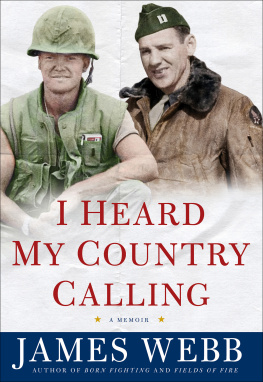
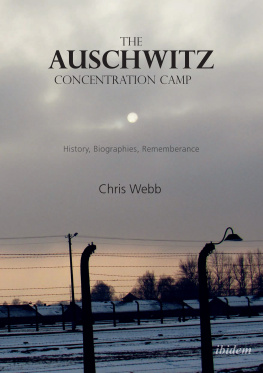
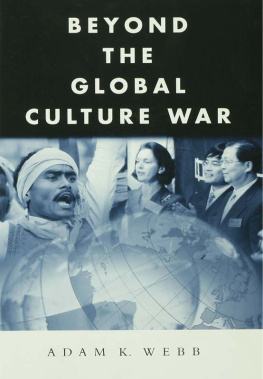

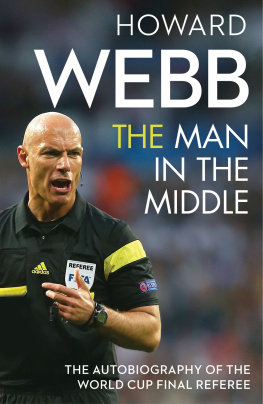
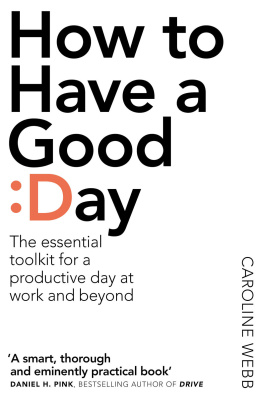



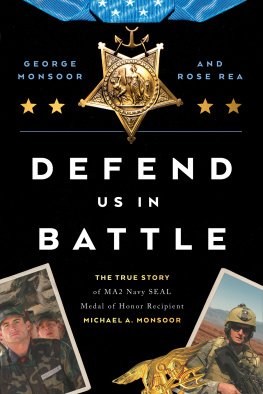

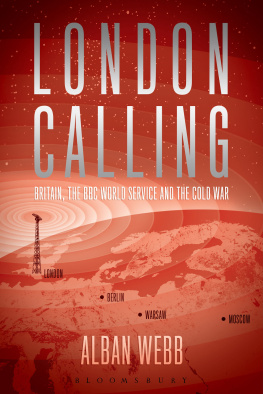
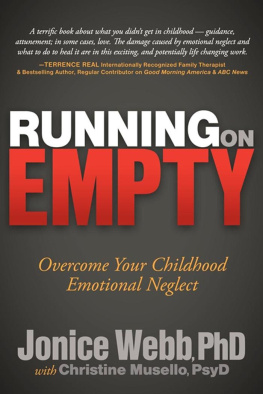



 Chapter One
Chapter One